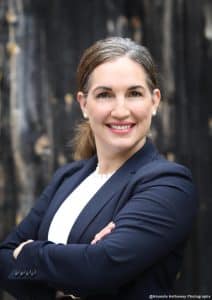By
Eileen Weber
August 7th, 2022

Representative Jamie Belsito (D-4th Essex District)
Earlier this year, Massachusetts legislators proposed two maternal mental health bills known as H.4740 and H.4741. The bills were passed by the House and sent to the Senate for further study.
The first bill focuses on creating maternal mental and behavioral health care work force grants to offset the shortage in health care workers.
The second proposed legislation provides for a maternal mental health equity program that would expand programs and create more access to maternal healthcare in underserved areas, or what is termed “maternal healthcare deserts.”
The latter would affect not only mental and behavioral health, but substance abuse iss...
Posted in
Articles,
Subscribers |
Comments Off on Massachusetts bills, hotline focus on maternal mental health

